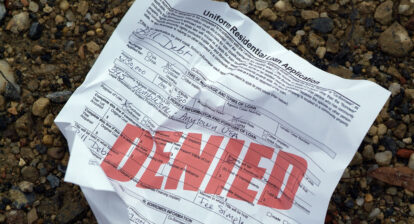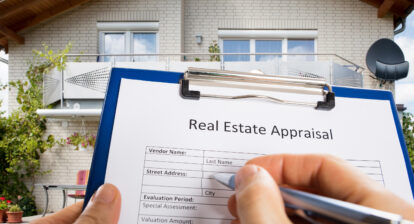Say you’ve found a property that will be a great investment at a bargain price. Or perhaps the beach cottage you’ve had your eye on for years just came on the market.
Whatever the reason, if you’re considering applying for another loan while refinancing your current home, the process can be somewhat complicated. To give you the full picture, Realtor.com breaks down the rules.
Ensure you will qualify for the new home loan
There’s nothing wrong with refinancing one mortgage at the same time that you are buying an investment property or second home with a mortgage. The key factor to making both the refinance and new purchase work is to ensure you will qualify for the new home loan. This means taking into account your current home payment.
Your lender can very easily tell you the total payments and loan amounts you’ll be able to carry based on your current income. In some cases, you may even have to refinance to reduce your current mortgage payment to qualify for the new loan. Or you may need to cash out funds from the refinance to come up with the down payment on the new property. The only ironclad rule is that you can’t refinance a primary residence while applying for a mortgage on a new primary residence.
Consider working with one lender for both mortgages
The benefit of doing both loans—refinancing and obtaining a new mortgage—is that you can deal with a single loan officer and provide most of your documents (tax returns, W-2s, pay stubs, bank statements, etc.) only once. You also can optimize your loan balances and your monthly payment to a degree by doing both loans with the same lender.
When refinancing and buying at the same time isn’t a good idea
You shouldn’t refinance a home you intend to sell in the next six months or so because it’s not cost-efficient. The closing costs don’t vary because you intend to pay off your loan in a short period of time.
Additionally, most refinances have a clause stating the borrower must stay in the home for at least one year. This means you cannot refinance a primary residence, close on a second home and then immediately move into it permanently.
The differences between an investment and second home
When applying for your second mortgage, your lender will take into account how you plan to use the property. So, it makes a difference if the second home is for investment purposes or is a vacation home for personal use. If the home is an investment, you can use proposed rental income as an add-on to your second income when qualifying for the second mortgage.
But if you’re purchasing a vacation home, the new debt will count 100 percent against your current income, and that could prevent you from qualifying for a refinance and a second mortgage. The good news for those looking to buy a beach cottage or winter retreat? Vacation home mortgage rates typically are lower than investment home rates. You also can typically put down less cash——sometimes just 10 percent.








